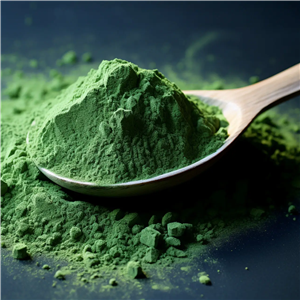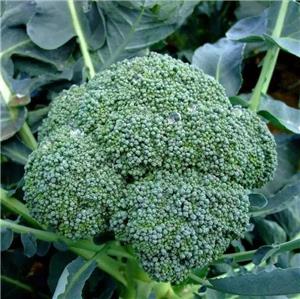-
0208-2021
Sugars and dental caries
Dental caries is a major public health problem globally and is the most widespread noncommunicable disease (NCD). It is also the most prevalent condition included in the 2015 Global Burden of Disease Study, ranking first for decay of permanent teeth (2.3 billion people) and 12th for deciduous teeth (560 million children).
-
1907-2021
Can You Use Erythritol as a Sweetener If You Have Diabetes?
If you have diabetes, it’s important to manage your blood sugar. Erythritol is said to add sweetness to foods and beverages without adding calories, spiking blood sugar, or causing tooth decay. Read on to learn if erythritol is too good to be true — or if it lives up to the hype.
-
1606-2021
Monk Fruit vs. Stevia: Which Sweetener Should You Use?
Monk fruit and stevia are nonnutritive sweeteners. This means they have little-to-no calories or nutrients. Both are marketed as natural alternatives to sugar. This is true to a point. Monk fruit is typically not as refined as stevia, but may contain other ingredients. The stevia you buy in the grocery store is vastly different from the stevia you grow in your backyard. Even so, stevia and monk fruit sweeteners are more natural choices than artificial sweeteners containing aspartame, saccharine, and other synthetic ingredients. If you’re diabetic or trying to lose weight, read monk fruit or stevia product labels carefully to see if higher-calorie and higher-glycemic sweeteners were added. In the end, it all comes down to taste. If you don’t like the taste of monk fruit or stevia, their pros and cons don’t matter. If possible, try them both to see which you prefer.




